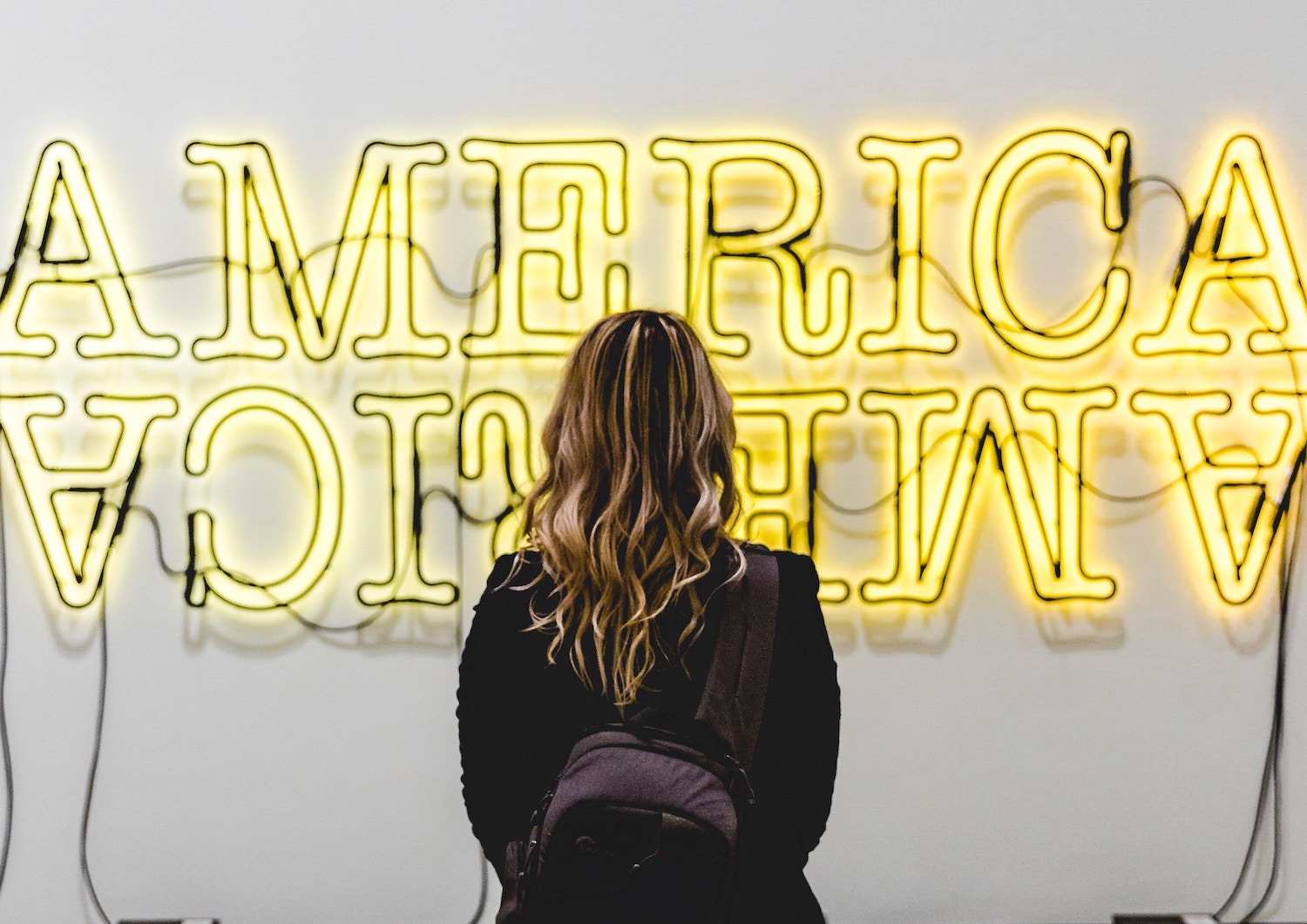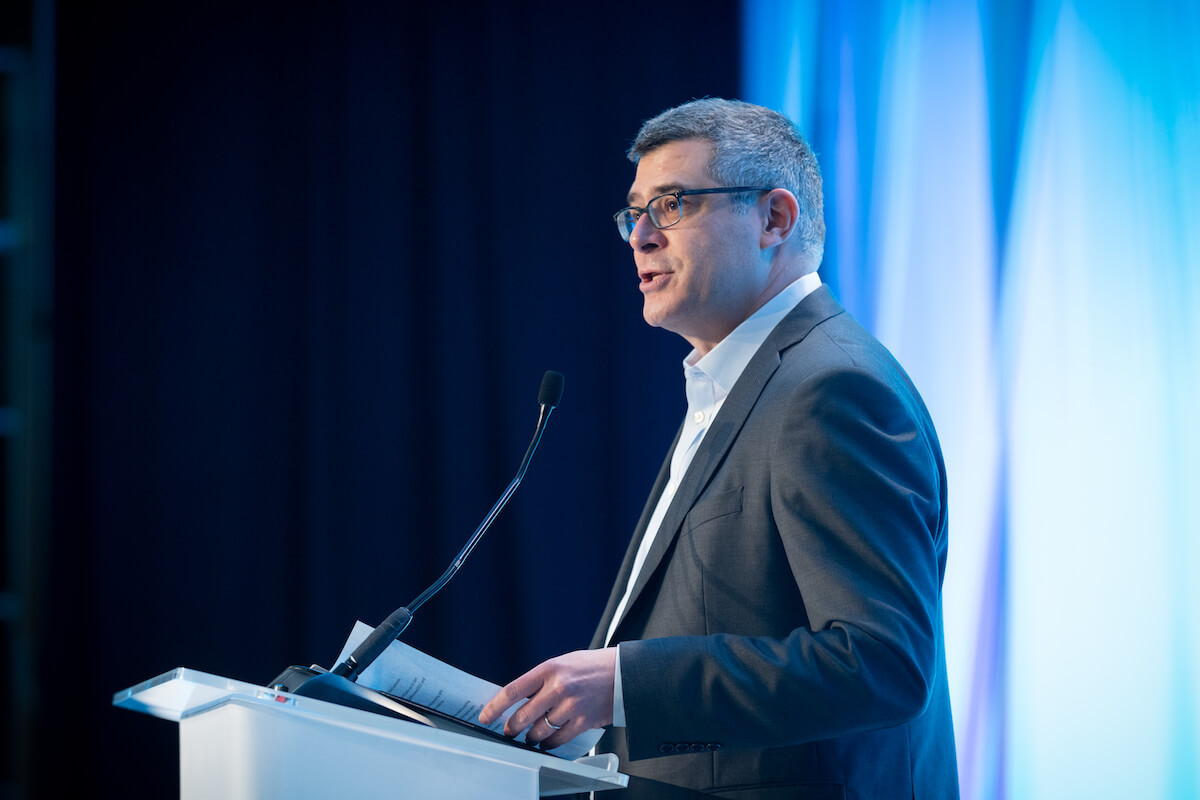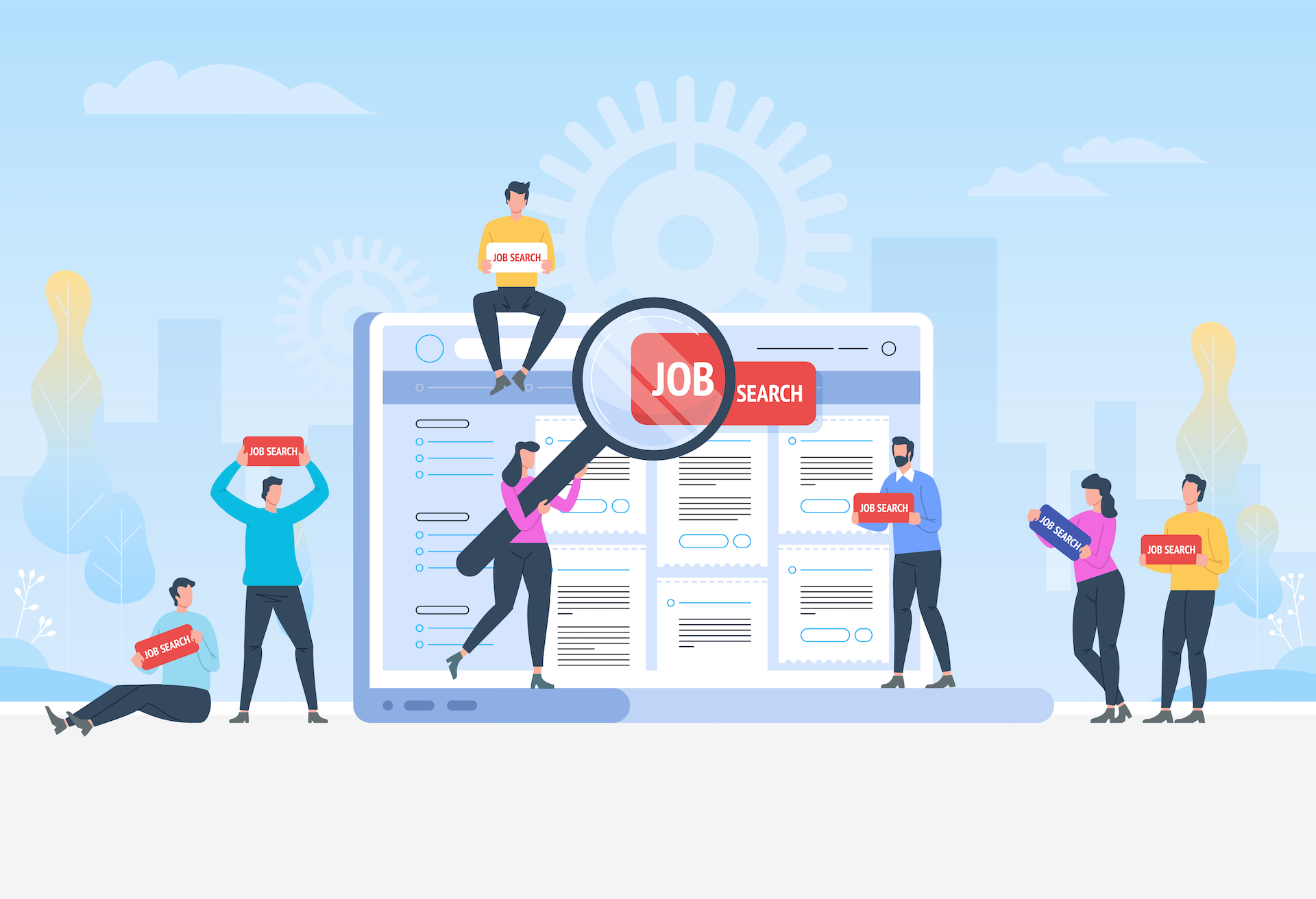China has a plan for 2025. Rather than derail our rival, the U.S. needs a plan of its own.
The Trump administration is gearing up to limit Chinese investments in U.S. tech companies and block certain U.S. technology exports to China. The initiatives, “are designed to prevent Beijing from moving ahead with plans outlined in its ‘Made in China 2025’ report to become a global leader in 10 broad areas of technology,” reports the Wall Street Journal, Those areas include renewable energy, electric vehicles, biotechnology, artificial intelligence and space.
All of those fields will be vital to the needed rebuilding of global systems around energy, cities, food and healthcare. All are key to realizing not only the Paris climate agreement, but the 2030 Sustainable Development Goals. All are industries that will create fortunes for leading companies and countries.
On trade, climate, migration and so much more, our response need not be to protect, withdraw and barricade. Rather than scarcity, think abundance: open, connected and generous. Rather than undercutting China’s leadership, the U.S. should be stepping up itself.
Call it America 2030. Such a plan would include a massive buildout of clean-energy infrastructure. It would support the dramatic expansion of U.S. entrepreneurship. It would apply U.S. tech innovation to drive down costs and open up solutions to problems once considered intractable. It would invest in talent, both homegrown and newly arrived. It would drive good, competitive, 21st century jobs, all over the country.
And invariably it would be a global plan, building on the global climate accord and the 2030 global goals as drivers of growth and prosperity. The kicker is that by tackling global challenges together, we’d forge that global unity of purpose that would enhance trust and cooperation, laying the foundation for further progress. That was one takeaway from yesterday’s ImpactAlpha roundup of “Agents of Impact,” who declared, “I am a globalist.”
Global cooperation for an inclusive and sustainable future is no longer some kind of starry-eyed idealism. It is the world’s official position, enshrined in signed agreements by virtually every country. Solutions have been tested, refined and scaled. Capital and talent is shifting right now. Countries and companies are staking out leadership.
U.S. leadership could make or break the global project. And that doesn’t (only) mean the White House and the Capitol. The movement required is a broader version of #WeAreStillIn, the climate-action pledge endorsed by hundreds of mayor and governors and CEOs to signal support for the Paris climate accord, regardless of what politicians might say.
Here are some elements of America 2030. Please suggest more on our subscriber Slack channel or by dropping a line to [email protected].
We Are Still In. Trump’s pullout of the Paris climate agreement has left U.S. climate action to cities, states, investors — and citizens. America 2030 would deliver on the goal to limit climate change to two degrees Celsium or less — and create an economic growth engine and jobs strategy for the next generation.
Already, 3.2 million Americans work in wind, solar, energy efficiency, and other clean energy jobs, three-times the number that work in fossil fuel jobs. Even if all you care about is American jobs, clean energy is the future. “The actual transformation of the energy economy is as American as the Hoover Dam or the interstate highways, and even more earth-shaking,” says entrepreneur and financier Jigar Shah.
Immigrants are American assets. Immigrants are not a threat; they are America’s fountain of youth, talent, economic growth and global competitiveness. America 2030 would unlock the positive long-term economic and social impact of opening, not closing, U.S. borders. Refugees in the U.S added $63 billion more to government coffers over a 10-year-period than they extracted, according to a Trump administration study (that it later downplayed). In U.S. regions with high immigration, wages go up for all workers, not down.
An emerging ecosystem is beginning to invest in people on the move. Laurene Powell Jobs’s Emerson Collective is setting up an immigration innovation incubator to support services, advocacy and political action for U.S. immigrants and supports Unshackled Ventures to invest in foreign-born entrepreneurs and supports their visa applications. Corporations like IKEA and Starbucks are intentionally hiring refugees. Airbnb is attracting new hosts eager to house them. A Massachusetts workforce development pay-for-success program is trying to improve employability and skills for adult refugees and other immigrants.
Sustainable development begins at home. A significant feature of the 17 Sustainable Development Goals is that they apply to developed as well as developing countries. The U.S. has a long way to go. Future Now earlier this year streamlined the 17 global goals into seven goals for the U.S. like “good jobs,” “affordable quality health care” and “equal opportunity for all.” For example, 22% of Americans say they forgo doctor’s visits because of healthcare costs, better only than Poland among advanced countries. Another index, from the Sustainable Development Solutions Network, shows that two-thirds of U.S. cities are less than halfway toward meeting the 2030 goals.
America is one big opportunity zone. Yet far from “carnage,” American cities and towns are finding new and diverse ways of bringing back jobs, neighborhoods and community. As James and Deborah Fallows showcase in “Our Towns,” American is in the midst of a regenerative wave. Such practical, local determination is a sharp contrast to the paralysis and defeatism of national politics.
ImpactAlpha’s New Revivalist series profiled 19 investors, organizers and entrepreneurs in cities and communities across the country leading local investing efforts that deliver quality jobs, affordable housing and inclusive growth. Venture capital in America still largely flows to white, male entrepreneurs in three states. America 2030 would flood the rest of the country with startup capital. AOL founder and Revolution venture investor Steve Case is showcasing innovation opportunity outside of California, New York and Massachusetts, building building a nationwide entrepreneurship ecosystem and investing $150 million from a Who’s Who of business. The new bipartisan Investing for Opportunity Act legislation has teed up a $6 trillion investment opportunity in underinvested communities in all 50 states, territories and Washington D.C.
America 2030 would expand who gets to be an entrepreneur and who writes the checks. As Kapor Capital’s Brian Dixon says, diverse founders “see problems and opportunities that others don’t.”











